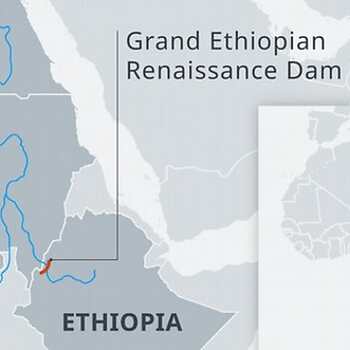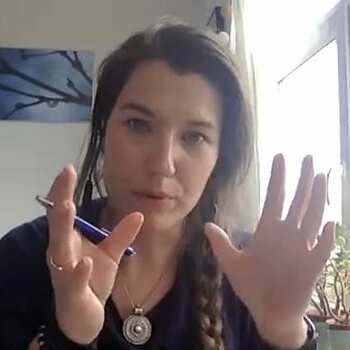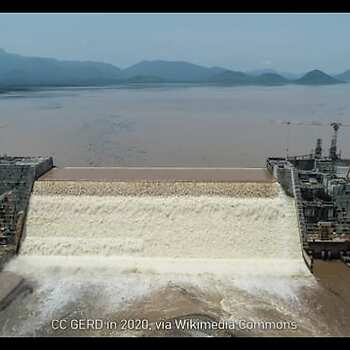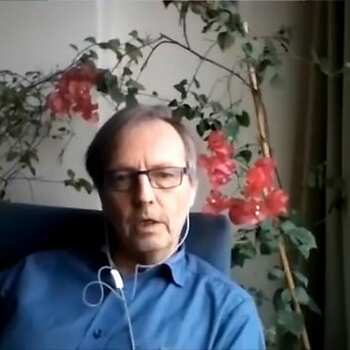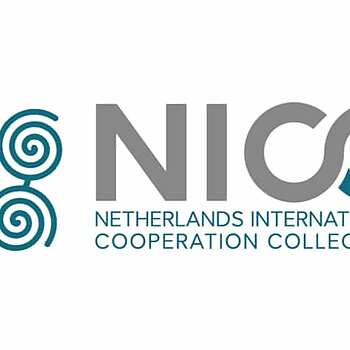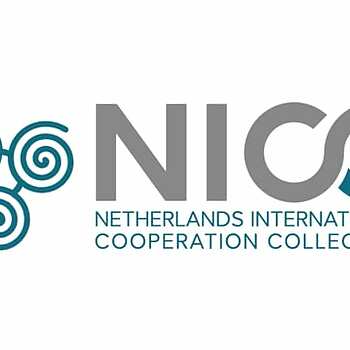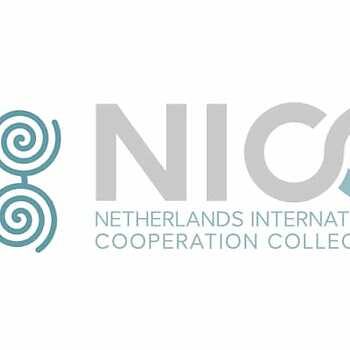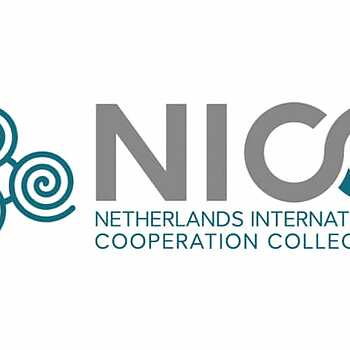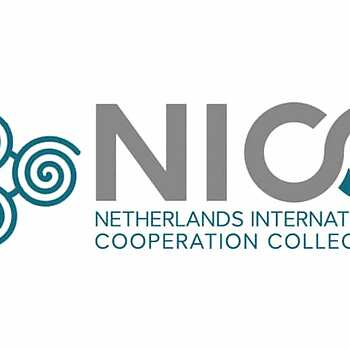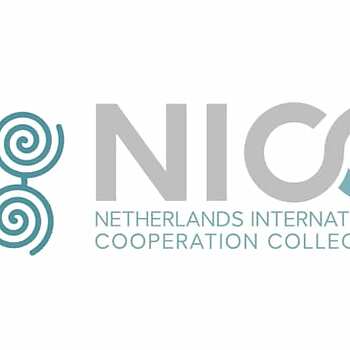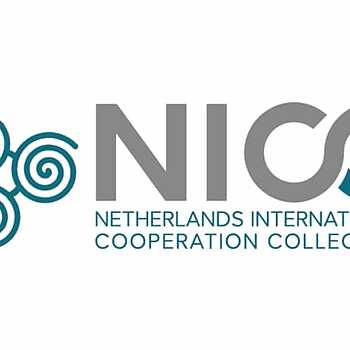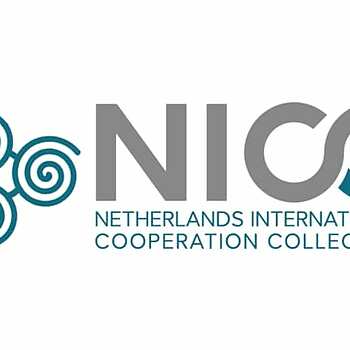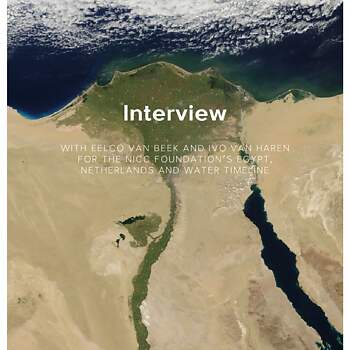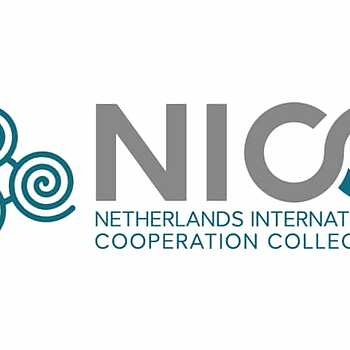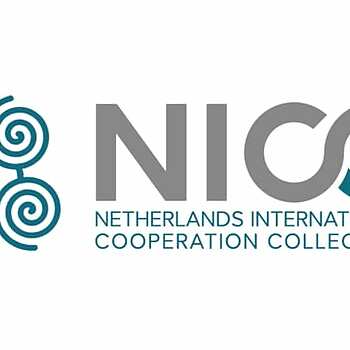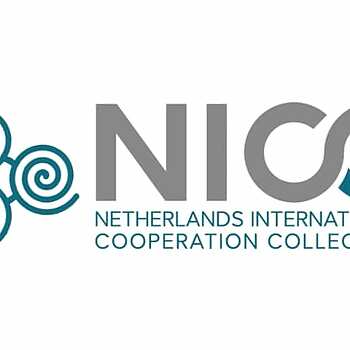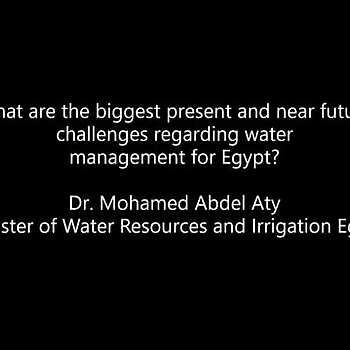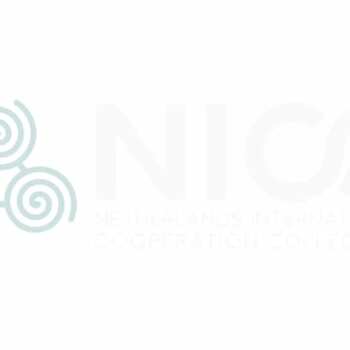Egypt has become a water shortage country since the end of the previous century due to population increase and a fixed amount of Nile flow available for the country. In 2016 the water shortage deficit amounted to 13.5 billion cubic meters per year, which is expected to double at least the coming decades. The shortage is overcome by the import of virtual water in food and other products. The problem of increasing water shortage has two other main reasons apart from population increase: a possible decrease in water availability from the Nile river due to upstream interventions like the construction and filling of the Grand Ethiopian Renaissance Dam (GERD) and reservoir, population and secondly climate change which is and will effect rainfall patterns and cause temperature changes.
The possibility of a water shortage in Egypt and Sudan due to filling of the GERD has been a sensitive political issue. As Ebel Smidt, water resource expert at the EU Water Stars Project, explains: ''Ethiopia is mainly interested in energy and Egypt is mostly interested in water. A good agreement can bring more benefits to both countries. The general expectation is that if countries can come together at a political level, the technical issues can be solved.''
It is most likely that higher average temperatures will occur in Egypt leading to more evaporation or higher water demands. Matching water demands with supplies not only from the Nile but also from other sources, international cooperation over the Nile and other water resources, increasing water productivity and better water allocation and innovation in the water, energy and food nexus remain focal areas in the Egyptian-Netherlands cooperation the coming years.
First, a large part of the future of cooperation is the High-level Water Panel. It has no set end date and is thus likely to retain a strong presence in the water sector over the next decade through its yearly meetings. The Panel forms an important center of dialogue between the two countries to tackle these water scarcity problems. Additionally, with the new Memorandum of Understanding signed, the Panel has access to high level government which can accelerate project and policy making, and their implementation. As Wouter Wolters said: ''having access to high level government is one of the critical success factors we can identify from the historical bilateral cooperation.''
A second decisive framework for future cooperation is the Egyptian National Water Resources Plan (II), a follow up of the first water resource plan which spanned the period of 2005 to 2017. It is a strategic plan for the Egyptian water sector and lists challenges and opportunities. The four main themes of the NWRP are: Water quality protection and pollution treatment, Optimal use of available water resources, development of new water resources and creating an enabling institutional environment for modernization of the water sector. High-level Panel activities in the future will no doubt follow along all four of these themes as they directly address the water shortage problem.
Thirdly, in 2019 the Dutch government started a new development cooperation program with Egypt for water and food security. One of the components of the program is financial support the World Food Program. In cooperation with the Egyptian government, WFP is implementing a program to increase the climate resilience of smallholder farmers in Southern Egypt through land consolidation, water loss reduction, improved irrigation techniques, livelihood diversification, better access to market and institutional capacity building. This program will is implemented between 2019 and 2023 (more information in the Interview Eelco van Beek and Ivo van Haren.)
Sources
- Water management in Egypt for facing the future challenges. Omar and Moussa 2016.
- Egypt and the Netherlands reaffirm their water cooperation. Netherlands Water Partnership 2020
- World Food Program Egypt Country Brief November 2019
- EU-Egypt Cooperation in Water Sector in Egypt: Overview on Water/Wastewater sector EU-Egypt ongoing and future cooperation
